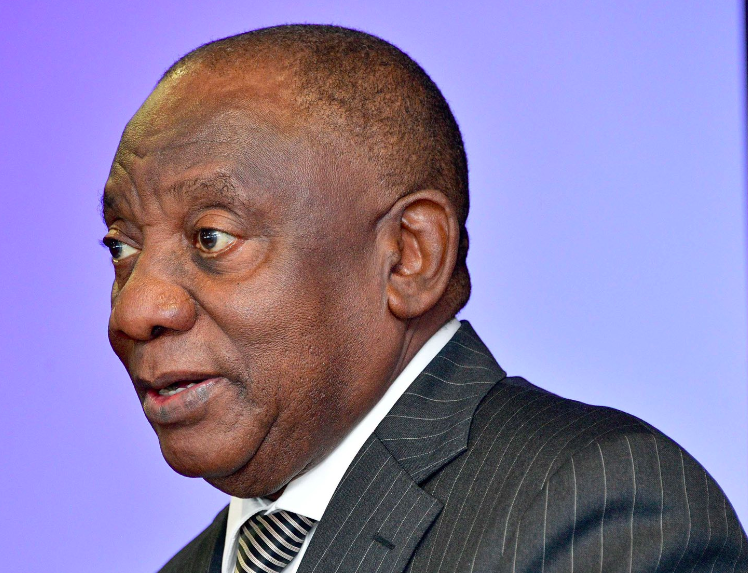Cape Town – President Cyril Ramaphosa says the deepening impact of climate change in the Western Cape and Kwa-Zulu Natal, has prompted the government to actively pursue strategies to bolster the nation’s economic and environmental resilience.
Ramaphosa said this on Monday in his weekly newsletter.
Recent severe floods have ravaged the Western Cape, displacing thousands from their homes.
In 2022, Kwa-Zulu Natal endured its worst rainfall in half a century, resulting in over 300 fatalities and extensive damage to residences, businesses, and infrastructure.
The president emphasised that climate change poses significant economic risks, affecting sectors like agriculture, tourism, and infrastructure, while straining public finances through increased disaster relief expenditures.
As part of the effort to ensure that our economy is resilient in the face of climate change, the National Treasury is hosting a symposium this week, in partnership with the Presidential Climate Commission,on financing our country’s climate actions.https://t.co/ZQhtkrPumu pic.twitter.com/F0RWIO25QV
— Cyril Ramaphosa 🇿🇦 (@CyrilRamaphosa) July 15, 2024
“Beyond the cost to human health, safety and livelihoods, climate change is very much an economic issue. Agriculture, tourism, mining and manufacturing are just some of the areas of economic activity that could be adversely affected by climate change. Then there are the equally dire effects on water security, food security, public infrastructure, human settlements, health care and education.
“The increasing frequency of disasters has an impact on public finances. On the one hand, disasters affect economic growth and lower tax revenues. On the other hand, they require increased expenditure on disaster relief, health care and other forms of social support for affected communities,” said Ramaphosa.
He underscored ongoing national efforts, such as the Renewable Energy Independent Power Producer Procurement Programme, aimed at bolstering energy infrastructure and reducing carbon emissions.
Ramaphosacalled for accelerated decarbonisation and stressed the importance of international support for developing economies like South Africa in achieving climate goals and building resilient communities.
“It is essential that countries with developed economies fulfil their financial commitments to support the climate actions of countries that are most affected, including making funds available for the loss and damage that these countries experience due to climate change.
“Through this symposium and through the ongoing collaboration across society and with international partners, we are strengthening the effort to make our economy and society more climate resilient. In doing so, we are enabling our country to respond more effectively to the challenge of climate change and better weather the storms to come,” he said.
Follow African Insider on Facebook, X and Instagram
Picture: X/@PresidencyZA
For more African news, visit Africaninsider.com
Compiled by Betha Madhomu


